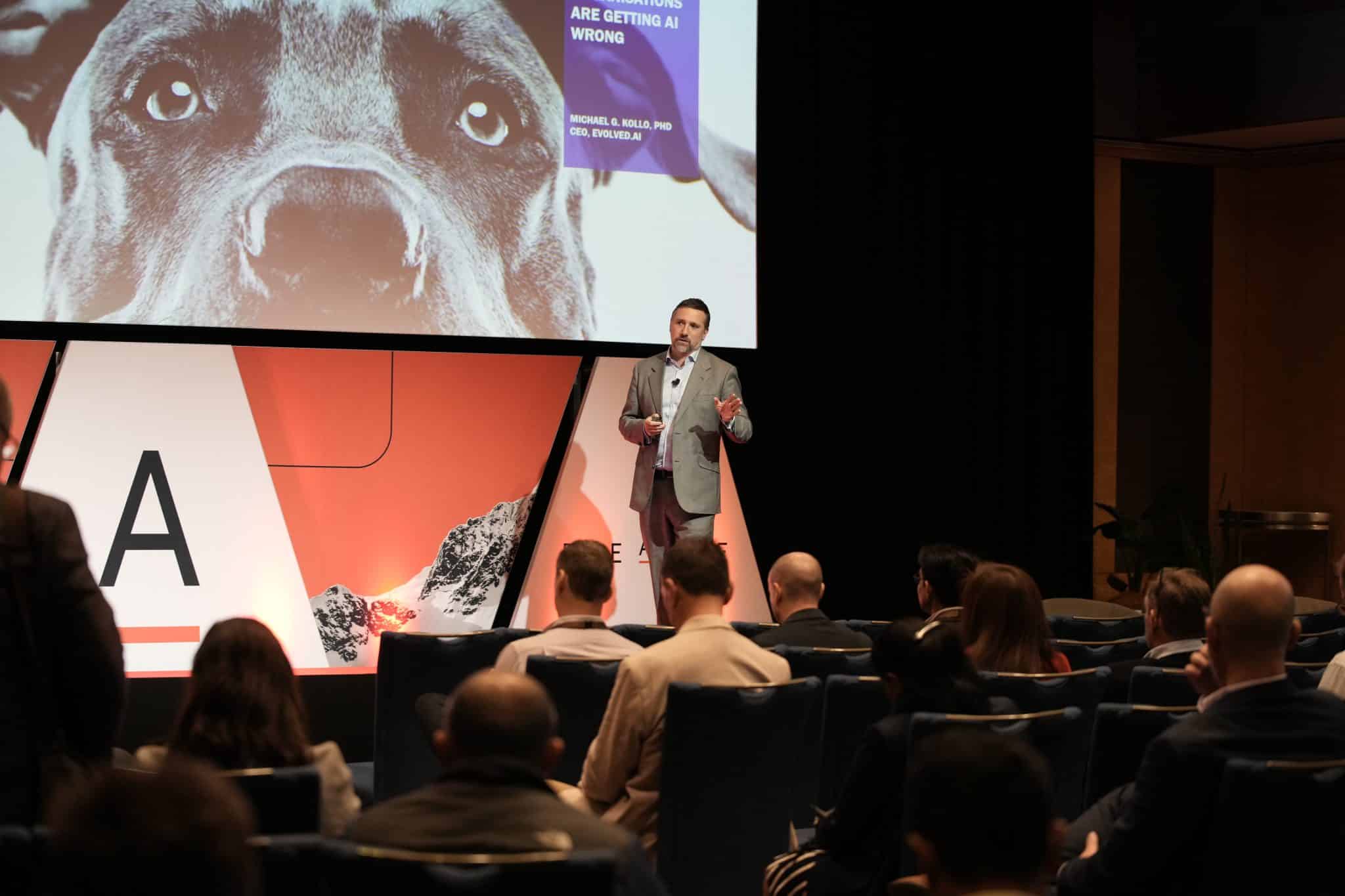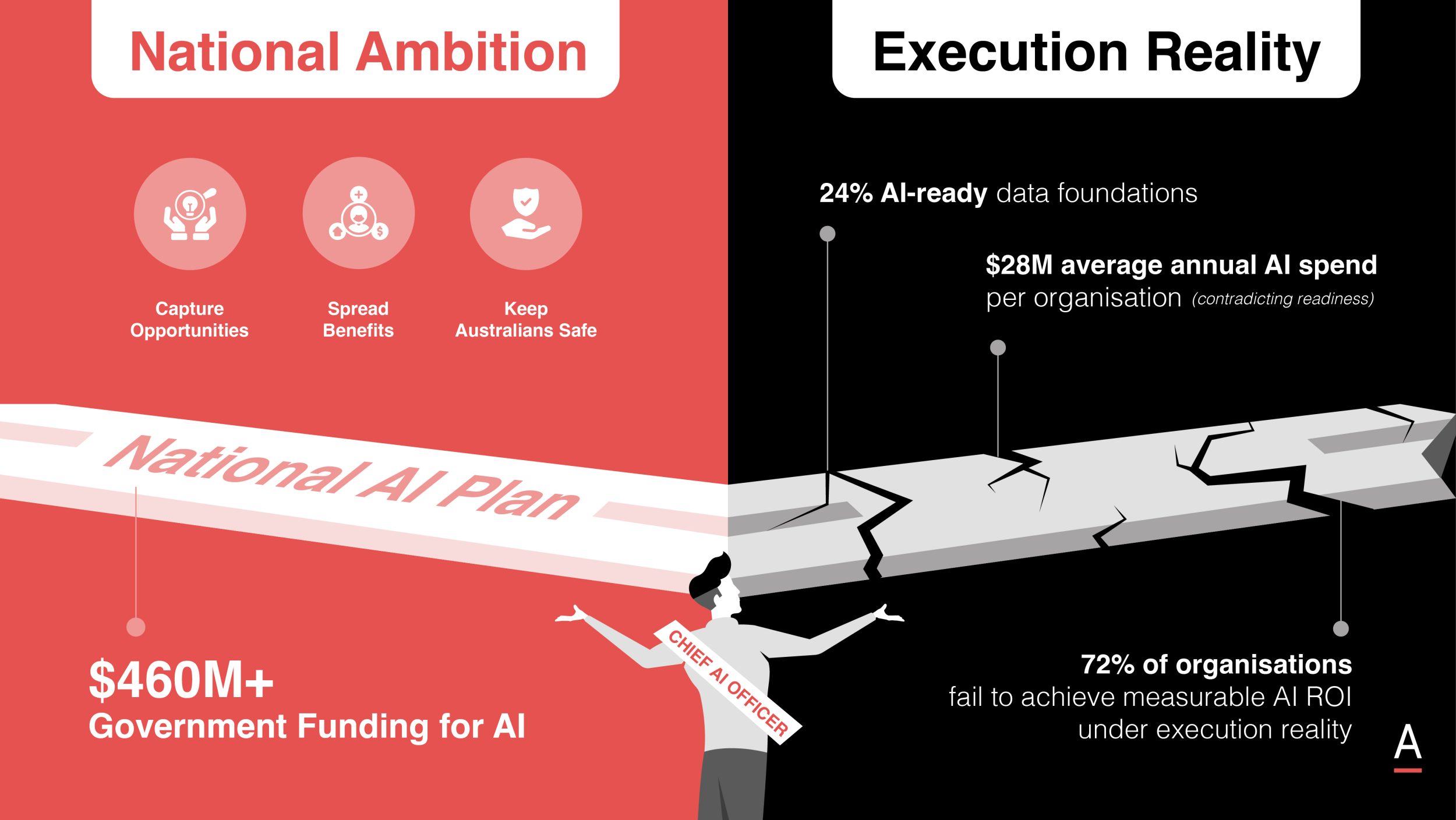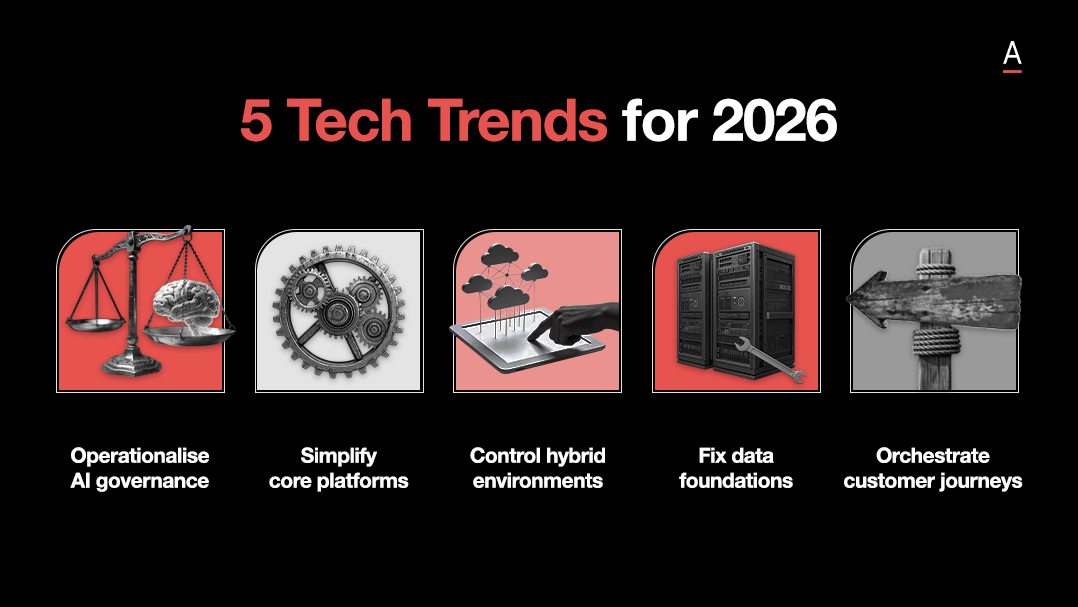Dr. Michael G. Kollo, CEO of Evolved AI, addressed the common mistakes organisations make with AI adoption at CIO Edge.
He highlighted that AI is often misunderstood as a purely technological tool rather than a strategic business enabler.
This misunderstanding leads to a misalignment between AI initiatives and broader business goals, often relegating AI projects to the IT department instead of embedding them within core business functions.
Michael emphasised the importance of decentralised AI adoption, where multiple teams across an organisation develop AI expertise, rather than relying on a central team to drive AI initiatives.
He also touched on the challenges organisations face when integrating AI, particularly around employee adoption and the organisational culture.
He pointed out that while AI tools like copilot systems can significantly improve efficiency, especially among less experienced employees, more seasoned workers often resist these tools, fearing a loss of autonomy or job security.
This resistance is exacerbated by the negative narratives surrounding AI, which contribute to a lack of enthusiasm and buy-in from the workforce.
Michael stressed the need for organisations to address these cultural and psychological barriers to ensure successful AI adoption.
There is also the misconception that AI implementation requires perfect data. He argued that generative AI, unlike traditional machine learning models, can be effectively integrated into existing workflows without needing comprehensive data preparation.
However, he noted that a deep understanding of business processes is crucial for identifying the right AI applications.
Without this understanding, AI initiatives may seem abstract or disconnected from the organisation’s core objectives, leading to ineffective or misaligned AI deployments.
Key takeaways:
- AI implementation misconceptions: Organisations often mistakenly view AI as a purely technological tool rather than a business enabler, leading to misalignment with strategic goals and ineffective adoption across departments.
- Cultural and human factors: Successful AI adoption requires addressing cultural resistance and negative perceptions among employees, especially experienced workers who may be hesitant to use new AI tools.
- Understanding business workflows: For AI to be effectively integrated, organisations must have a deep understanding of their own workflows and how AI can enhance them, rather than relying on generic or superficial approaches.





























